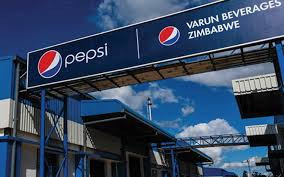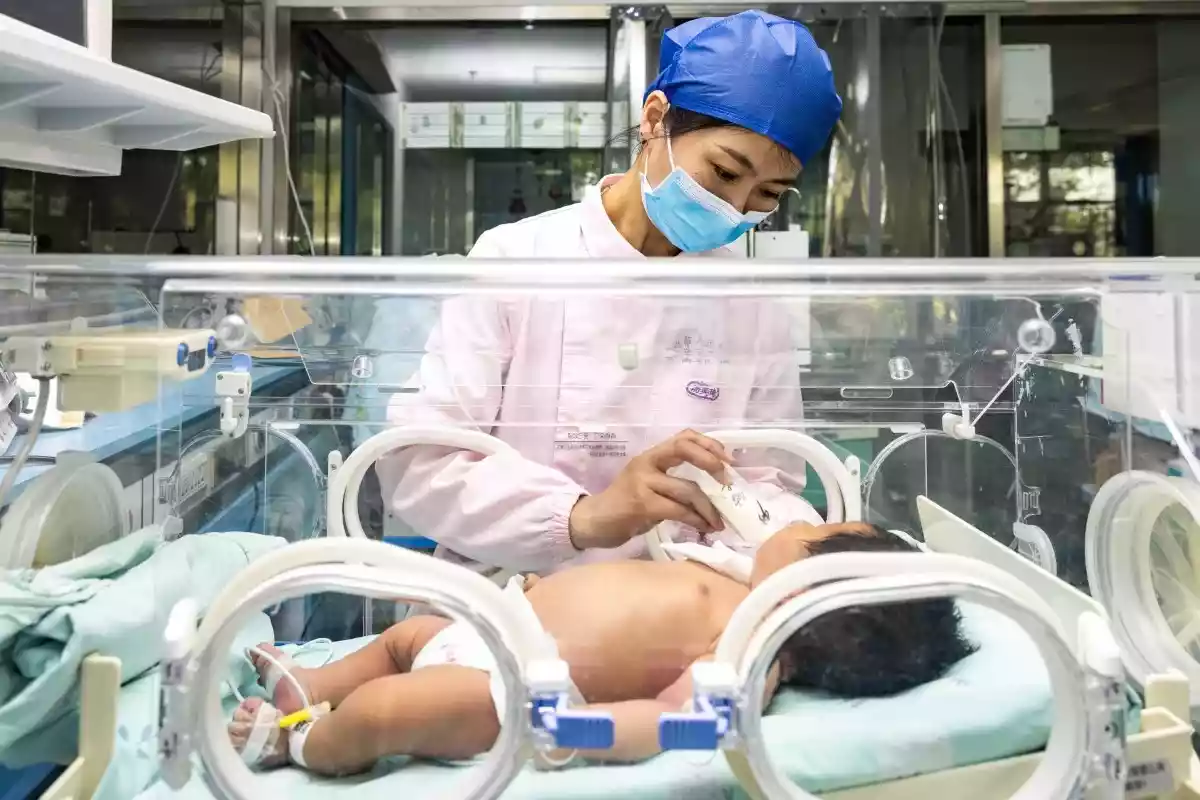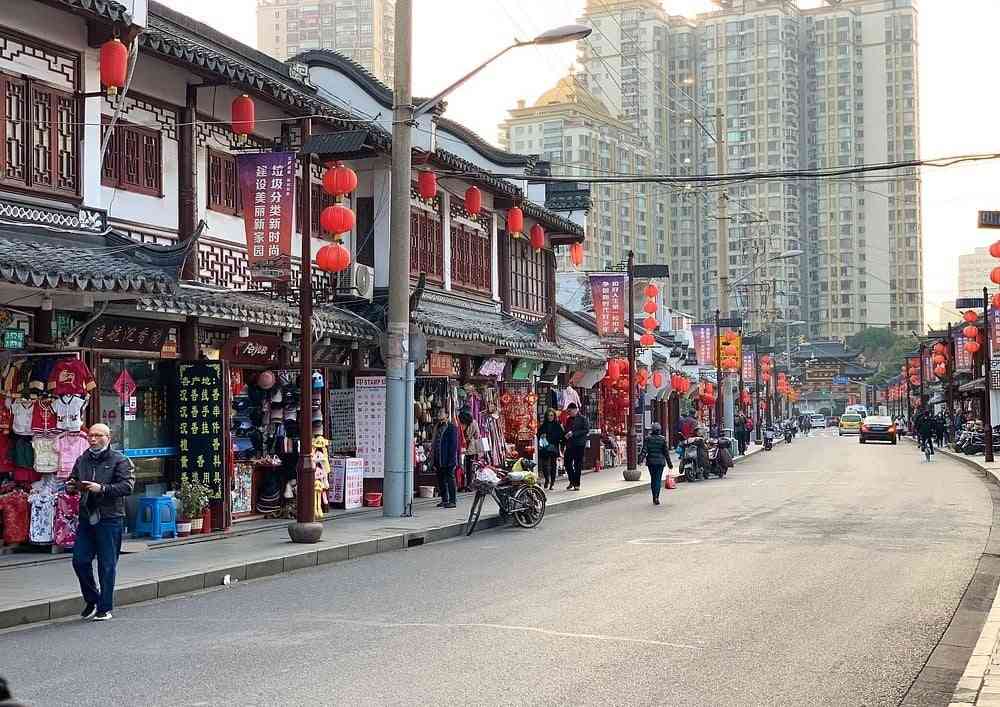
“Open defecation was a routine for me and my family. We had no toilet and we resorted to using the bush. But now I am a proud owner of a toilet thanks to the WASH (Water, Sanitation and Hygiene) programme.
by Jairos Saunyama
The whole environment was polluted, while dirt-related diseases were the order of the day. But I am happy, all that is in the past. I am now living in a clean environment,” says 49-year-old Chipo Murisi of Ward 4 in Gutu rural.
Murisi is one of the many people in Gutu who now boast of owning an upgradable blair ventilated pit latrine (UBVPL), thanks to the WASH programme that is currently taking place in the area.
The programme is funded by the European Union, while organisations ZimAhead, ACF and Practical Action are implementing the projects within the nine wards in Gutu.
The programme is also being implemented in Mberengwa District.
Being held under the banner Sanitation, Water and Hygiene in Rural areas of Zimbabwe: An Empowering and Sustainable Approach for Millennium Development Goals, a total of 12 571 UBVIP household and 162 schools and clinics latrines were constructed between 2011 and 2014.
In a 2014 report by ACF International, the project was meant to improve health standards in the least developed areas of the country.
- Chamisa under fire over US$120K donation
- Mavhunga puts DeMbare into Chibuku quarterfinals
- Pension funds bet on Cabora Bassa oilfields
- Councils defy govt fire tender directive
Keep Reading
“ACF International partnered with a local non-governmental organisation, ZimAhead, in the rural WASH programme in 11 wards, in an attempt to achieve millennium development goals (MDGs) for water supply, sanitation and hygiene. The wards were selected as the least serviced areas, in a part of the country which was notoriously hot, dry and poorly serviced by national infrastructure such as roads, communications and public services.
“ZimAhead was contracted to inform, train and mobilise the communities in order to facilitate the repair and refurbishment of boreholes and wells and the construction of latrines in schools, clinics and individual households. Hygiene education was an important component of the intervention intended to maximise the benefit derived from the new facilities. Eighty-two thousand residents of 450 villages were targeted overall, incorporating 137 water points, 13 400 household latrines, 162 rural clinics and schools and 150 income-generating activities to fund the sustainability of these facilities,” the report read.
The target areas of Zimbabwe were five wards in Gutu District (Masvingo province) and six wards in Mberengwa District (Midlands province).
These wards were selected in consultation with all the established local WASH institutional structures, because they represented the least serviced wards in their respective districts.
The population to benefit from this intervention comprised approximately 82 000 for hygiene education, 74 000 for latrine construction and 41 000 for water supplies.
In a bid to sustain the WASH programme in the two districts, villagers were taught how to run income-generating projects to fund further construction of latrines.
For example, communities have been involved in poultry keeping projects, where they used the profits realised to build toilets for other people who did not benefit from the project.
“When we started this project, we were given 100 chicks by ACF. From the profit, we bought cement and built a toilet for one of our own community member. We did this because he did not want to get involved, hence he was going to pull us down. We are advocating for hygiene within the communities,” Gutu District community chairperson Shingirirai Seka said.
ACF and its partners developed the supply chain to improve availability of toilet building materials in Gutu and Mberengwa.
Wholesalers moved large volumes of building materials to appointed agro dealers who are now also WASH dealers.

They are now serving the growing demand from communities who don’t have access to building material.
In the two districts, the Europen Union water facility programme has enabled the establishment of more than 50 health clubs.
They promote the sharing of health and hygiene information like the construction of latrines, hand washing, digging of rubbish pits and maintenance of a disease-free living environment around homesteads and in schools.
“We are doing dramas in the villages to educate people on health issues. Before this, people did not have much knowledge about these issues. We find that dramas make it easier for the people to understand,” voluntery health worker Tsitsi Moyo said.
About 154 village health workers and 11 environmental health technicians were trained on health clubs, sanitation and nutrition promotion.
According to Section 77 of the Constitution, every person has the right to safe, clean and potable water.
Meanwhile, access to clean water and adequate sanitation remains a significant challenge in Zimbabwe.
This situation contributes to the high prevalence of diarrhoea and other waterborne diseases, such a cholera, which are further driven by poor sanitary health practices.
The main objective of the EU-funded programme is to support national efforts to eliminate open defecation and increase use of safe water through improved and equitable access to safe drinking water sources, sanitation and healthy environments and improved hygiene practices.
In 2009, Zimbabwe had one of the continent’s worst cholera outbreaks, that claimed more than 4 000 lives and infected nearly 100 000 others, across all the provinces of the country, forcing the government to declare the outbreak a national emergency, for which it requested international aid.
In response to this, the Africa Caribbean Pacific European Union Water Facility Programme 2011 invested more than $15 million to improve access to clean water and safe sanitation and hygiene practices in Zimbabwe.











